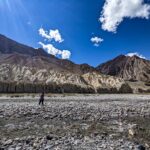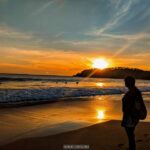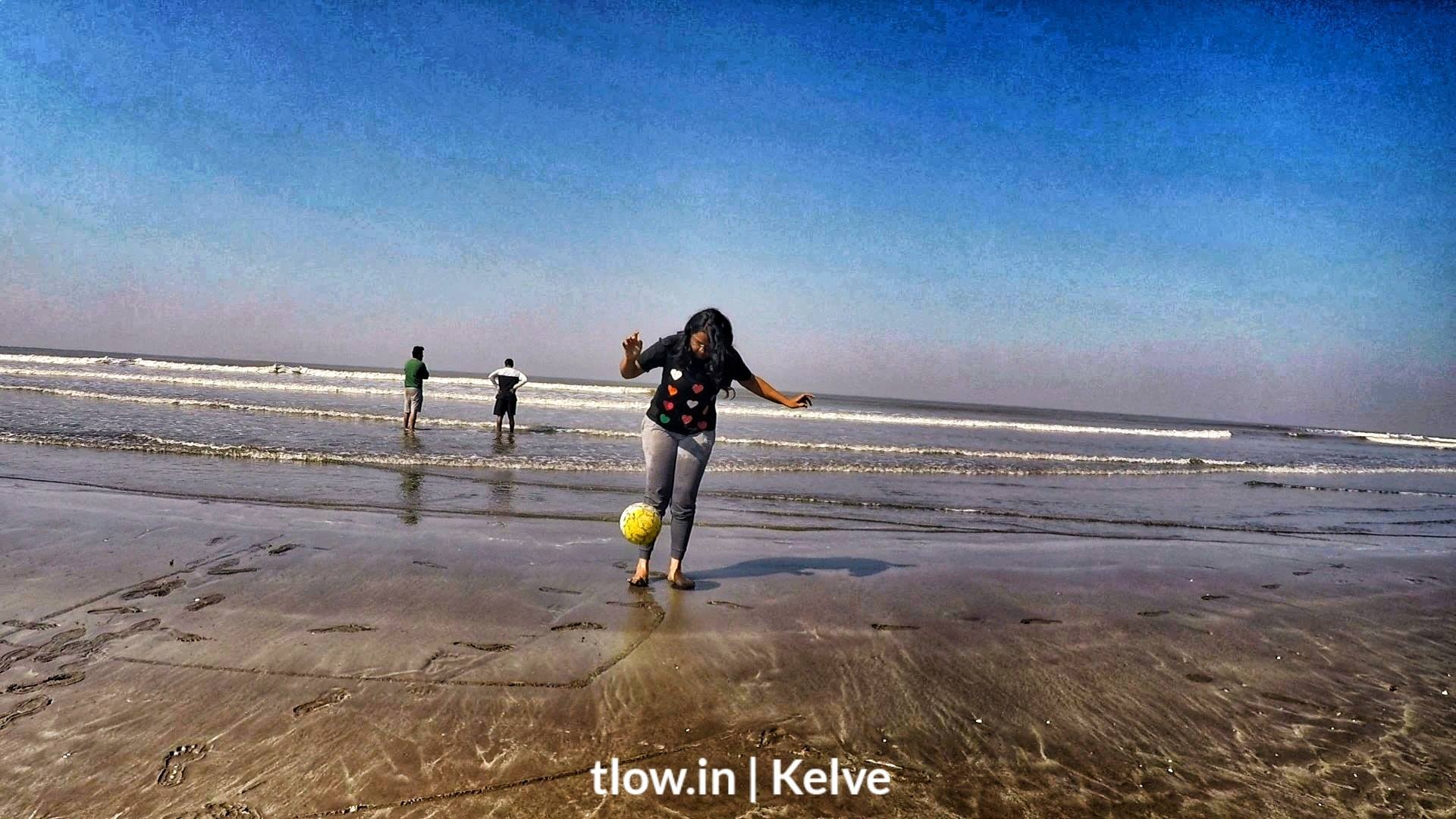
Dos and Don’ts at the beach
The beach is a favourite for many be it kids, adults or seniors and India is blessed to have so many wonderful beaches. Here are some must-keep in mind while visiting the sandy solitude spaces.
Table of Contents
Dos
1. Swim in Designated Areas: Always swim in areas marked safe by lifeguards. These areas are monitored for your safety.
2. Follow Safety Signs: Pay attention to warning flags, signs, and lifeguard instructions. They provide valuable information about water conditions.
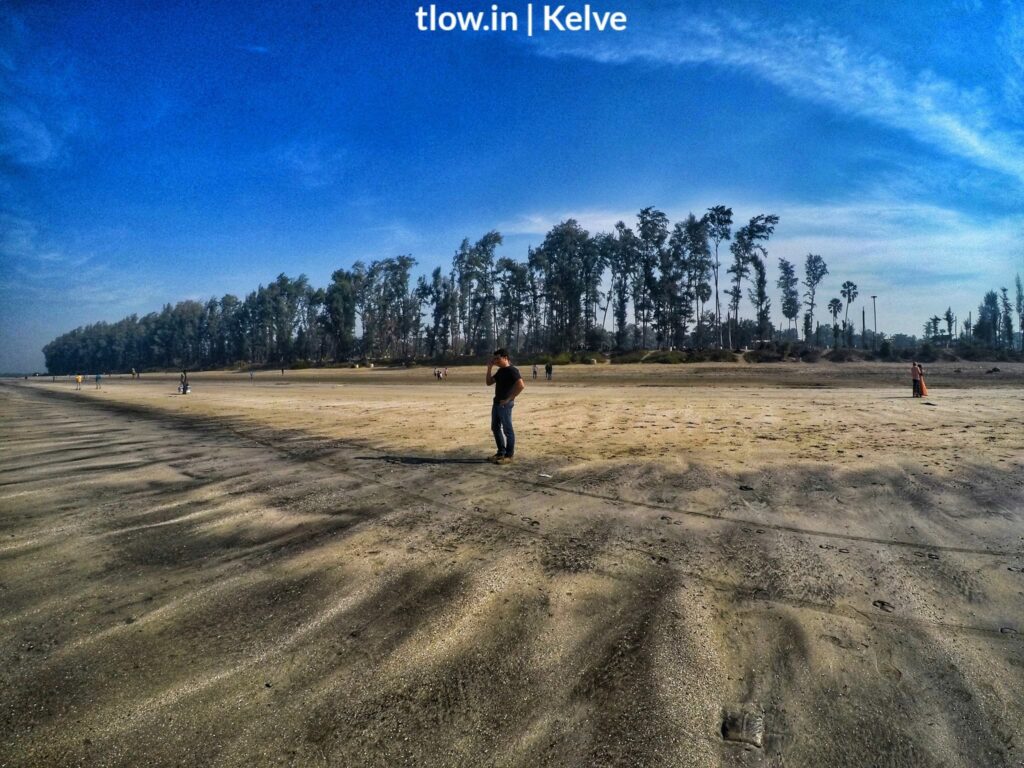
3. Learn Swimming: If you don’t know how to swim, consider taking swimming lessons before venturing into deep waters.
4. Stay Hydrated: Bring plenty of water to stay hydrated, especially on hot days. Avoid drinking seawater.
5. Apply Sunscreen: Use sunscreen with a high SPF rating to protect your skin from harmful UV rays. Reapply it regularly, especially after swimming.
6. Wear Appropriate Swimwear: Choose swimwear that is comfortable and suitable for your activities. Rash guards and swim shirts provide extra sun protection.
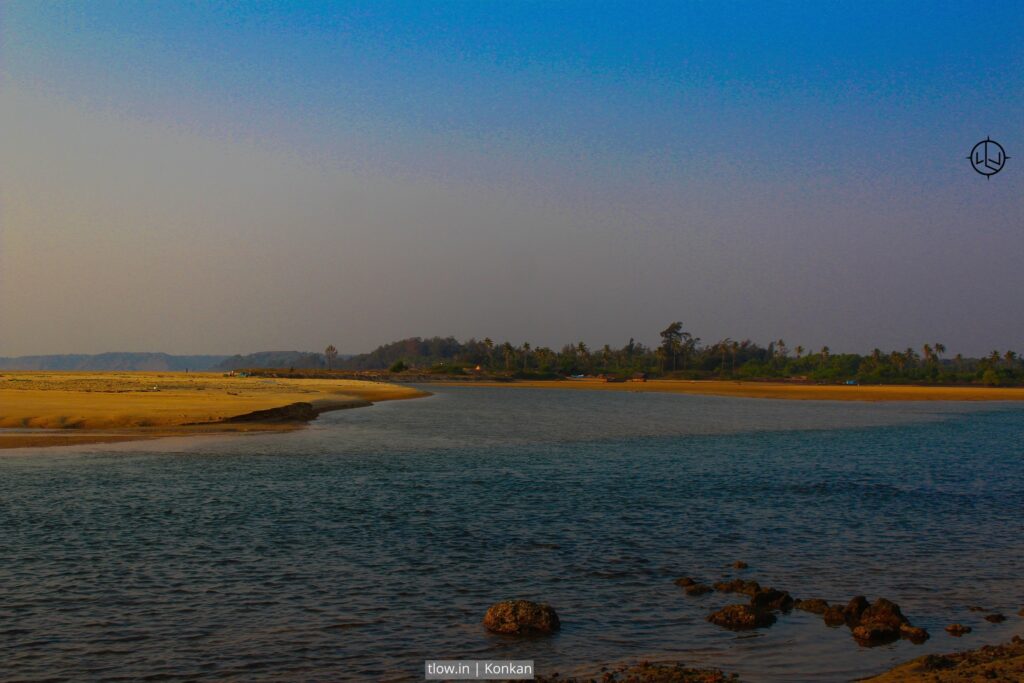
7. Keep an Eye on Children: Supervise children closely in the water, even if they know how to swim. Use floatation devices for added safety.
8. Respect Marine Life: Admire marine life from a distance. Don’t touch or disturb animals like coral reefs, fish, or marine mammals.
9. Dispose of Trash: Use designated trash bins to dispose of your waste. Keep the beach clean by picking up after yourself.
10. Stay Informed: Be aware of local weather conditions, tides, and currents. Sudden changes in weather can be dangerous.
11. Stay in Groups: It’s safer to swim and spend time at the beach with friends or family. If you’re alone, let someone know your plans.
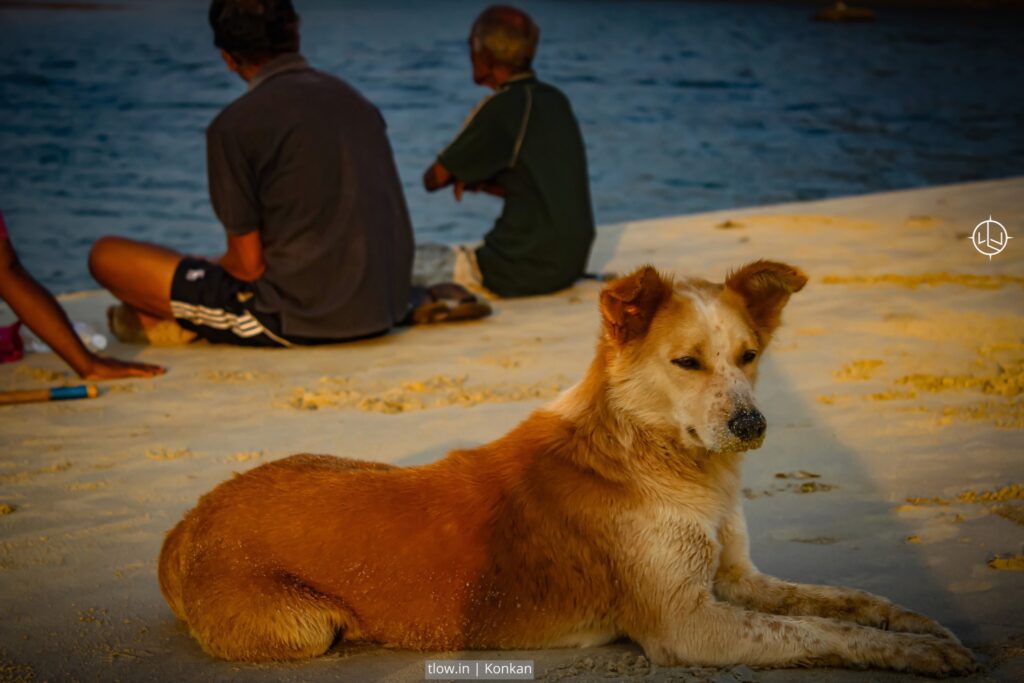
12. Use Life Jackets: When engaging in water sports like kayaking or jet skiing, wear a life jacket or personal floatation device (PFD).
13. Stay Clear of Piers and Jetties: Strong currents often occur near these structures, making them hazardous for swimming.
14. Bring First Aid: Carry a basic first aid kit that includes bandages, antiseptic wipes, and any necessary medications.
15. Stay Calm in Rip Currents: If caught in a rip current, remain calm, and swim parallel to the shore until you can swim back safely.
16. Protect Your Feet: Wear water shoes or sandals to protect your feet from hot sand, rocks, or sharp objects in the water.
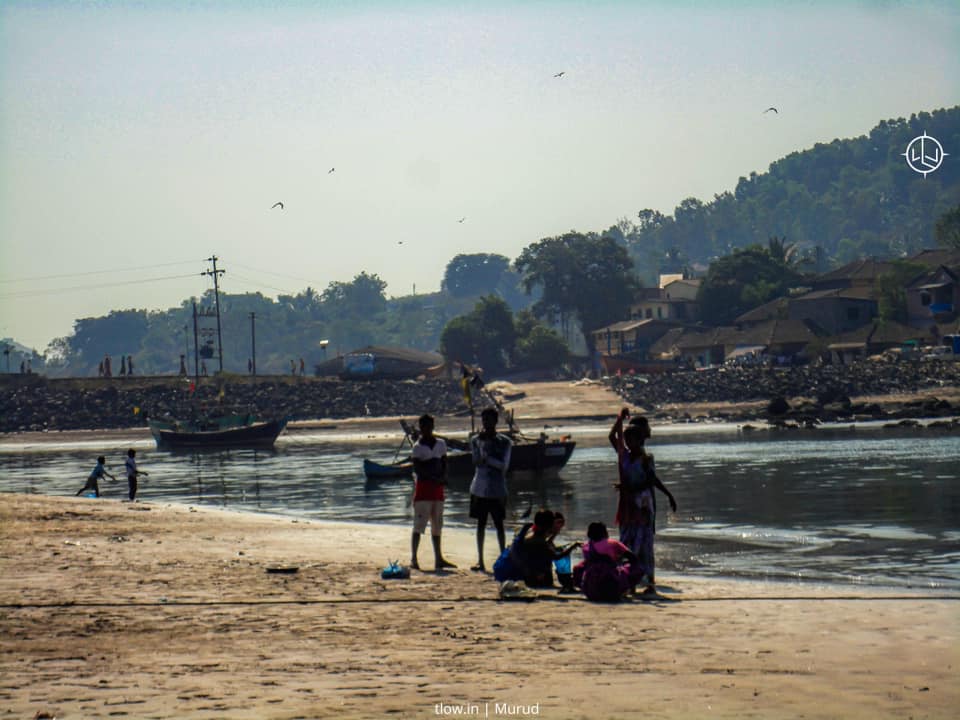
17. Observe Watercraft Rules: Follow local rules and regulations for watercraft such as jet skis and boats. Stay clear of swimming areas.
18. Stay Sun-Smart: Seek shade during peak sun hours (10 a.m. to 4 p.m.) and wear a wide-brimmed hat and sunglasses.
19. Stay Informed About Local Wildlife: If the area is known for specific wildlife, like jellyfish or sharks, be informed about their presence and take necessary precautions.
20. Respect Privacy: Give others space on the beach. Don’t set up your beach gear too close to others unless invited.
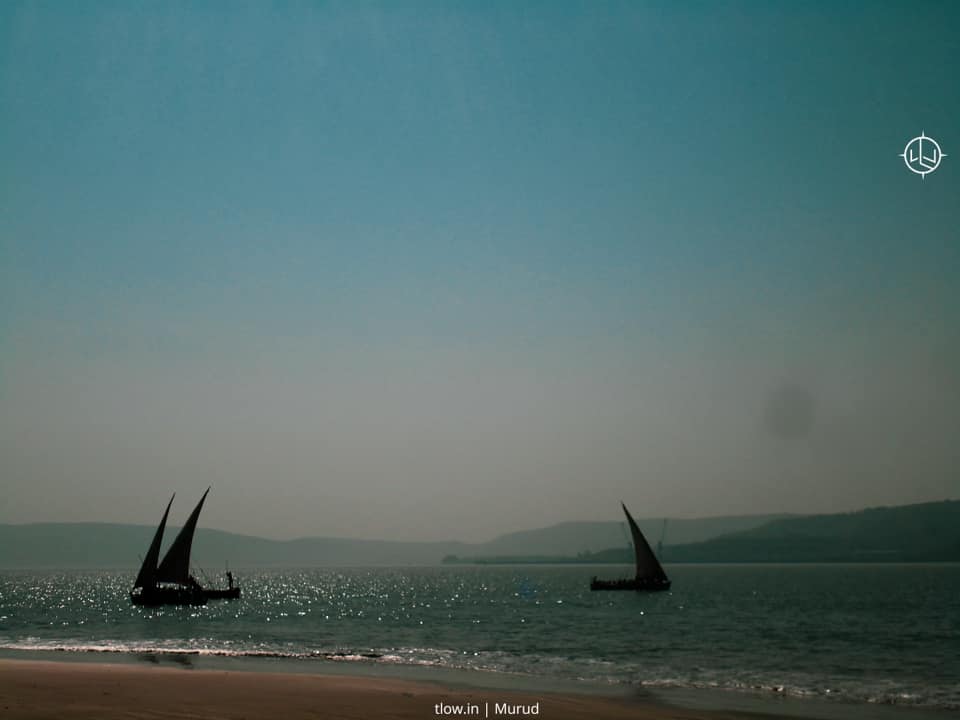
Don’ts
1. Don’t Ignore Safety Warnings: Always heed warnings about dangerous conditions, including strong currents and marine life alerts.
2. Don’t Dive Headfirst: Never dive into unknown water or shallow areas. Check for depth and potential obstacles.
3. Don’t Overestimate Your Abilities: If you’re not a strong swimmer, don’t venture too far from the shore or into deep water.
4. Don’t Leave Children Unattended: Even for a moment, don’t leave young children alone near the water.
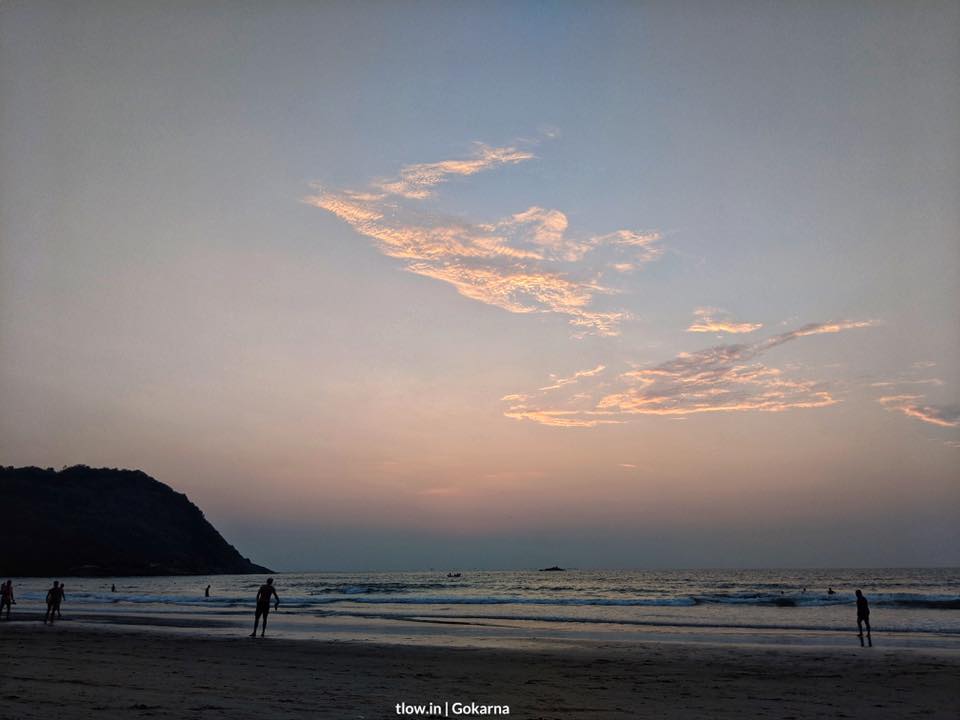
5. Don’t Drink Alcohol Heavily: Avoid excessive alcohol consumption at the beach, as it impairs judgment and coordination.
6. Don’t Feed Wildlife: Feeding seagulls and other wildlife can disrupt their natural behavior and may lead to aggressive behaviour.
7. Don’t Litter: Dispose of trash properly. Leaving litter on the beach harms the environment and can be dangerous.
8. Don’t Run on Wet Surfaces: Wet sand can be slippery. Walk carefully to avoid falls.
9. Don’t Build Deep Holes: While building sandcastles is fun, deep holes can be hazardous to others. Fill them in before leaving.
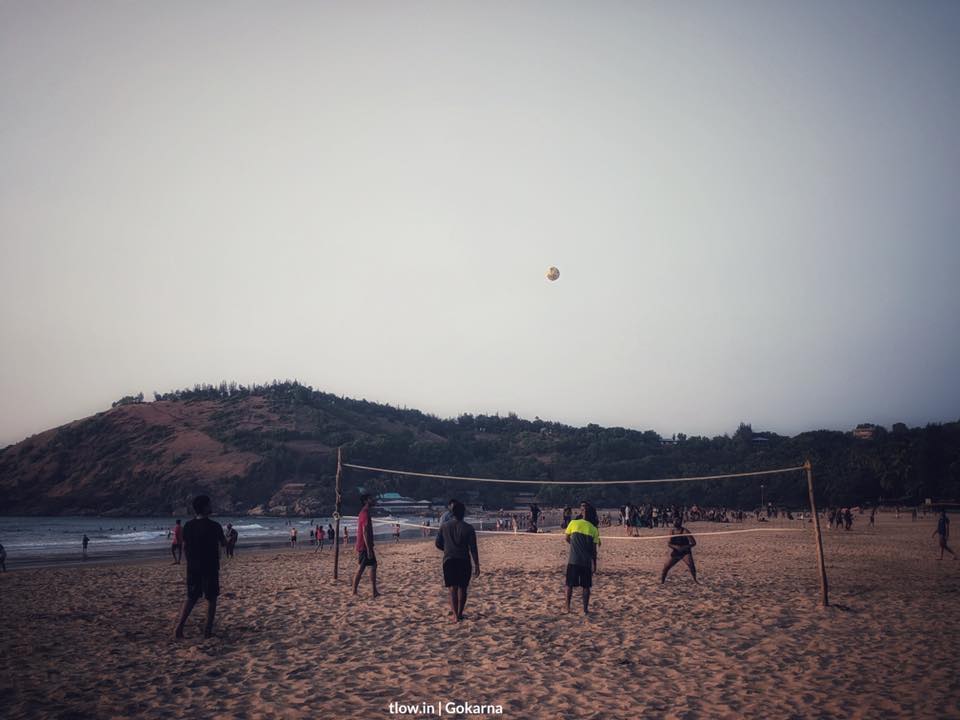
10. Don’t Disrespect Local Customs: Some beaches may have specific rules and customs, like topless sunbathing. Be aware and respectful.
11. Don’t Use Glass Containers: Glass can easily break on the beach, posing a safety hazard. Use plastic or reusable containers instead.
12. Don’t Ignore Jellyfish Stings: If stung by a jellyfish, seek medical attention if needed. Avoid urinating on the sting; it’s not an effective remedy.
13. Don’t Leave Valuables Unattended: Keep an eye on your belongings or use a waterproof bag for phones, wallets, and keys when you swim.
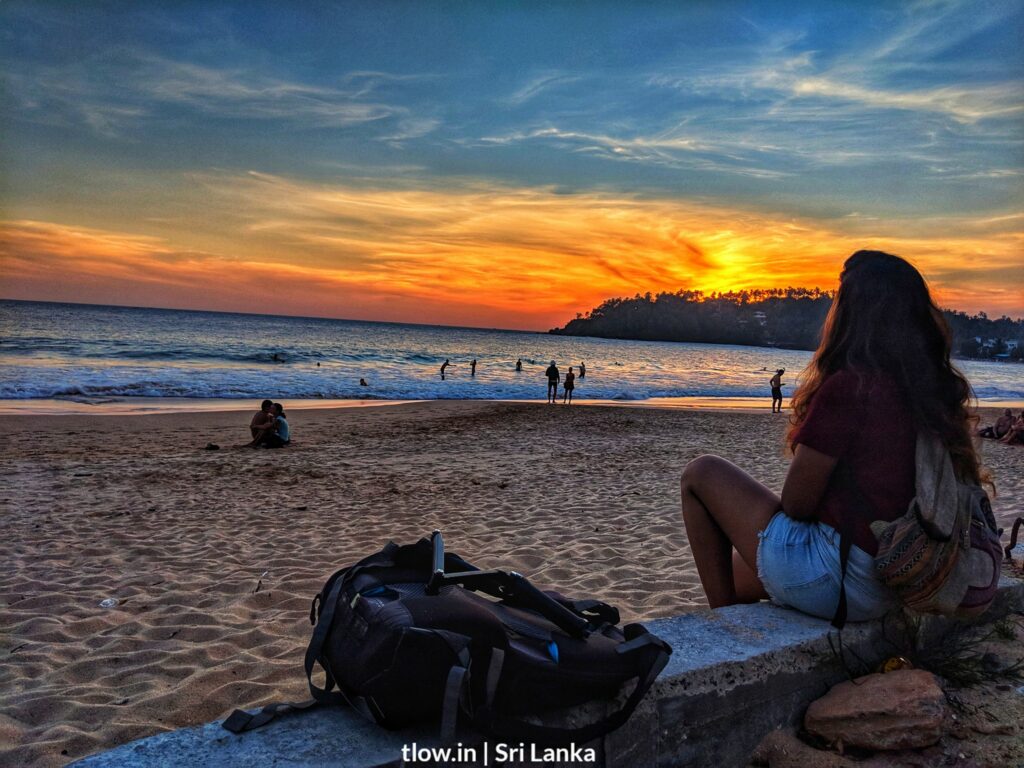
14. Don’t Start Fires: Open fires are generally not allowed on most beaches due to safety and environmental concerns.
15. Don’t Harass Wildlife: Avoid touching or disturbing animals like crabs and nesting birds. Respect their habitat.
Following these dos and don’ts will help ensure your beach visit is safe, enjoyable, and respectful to both nature and fellow beachgoers.
Text by Gajanan Mudgeol

